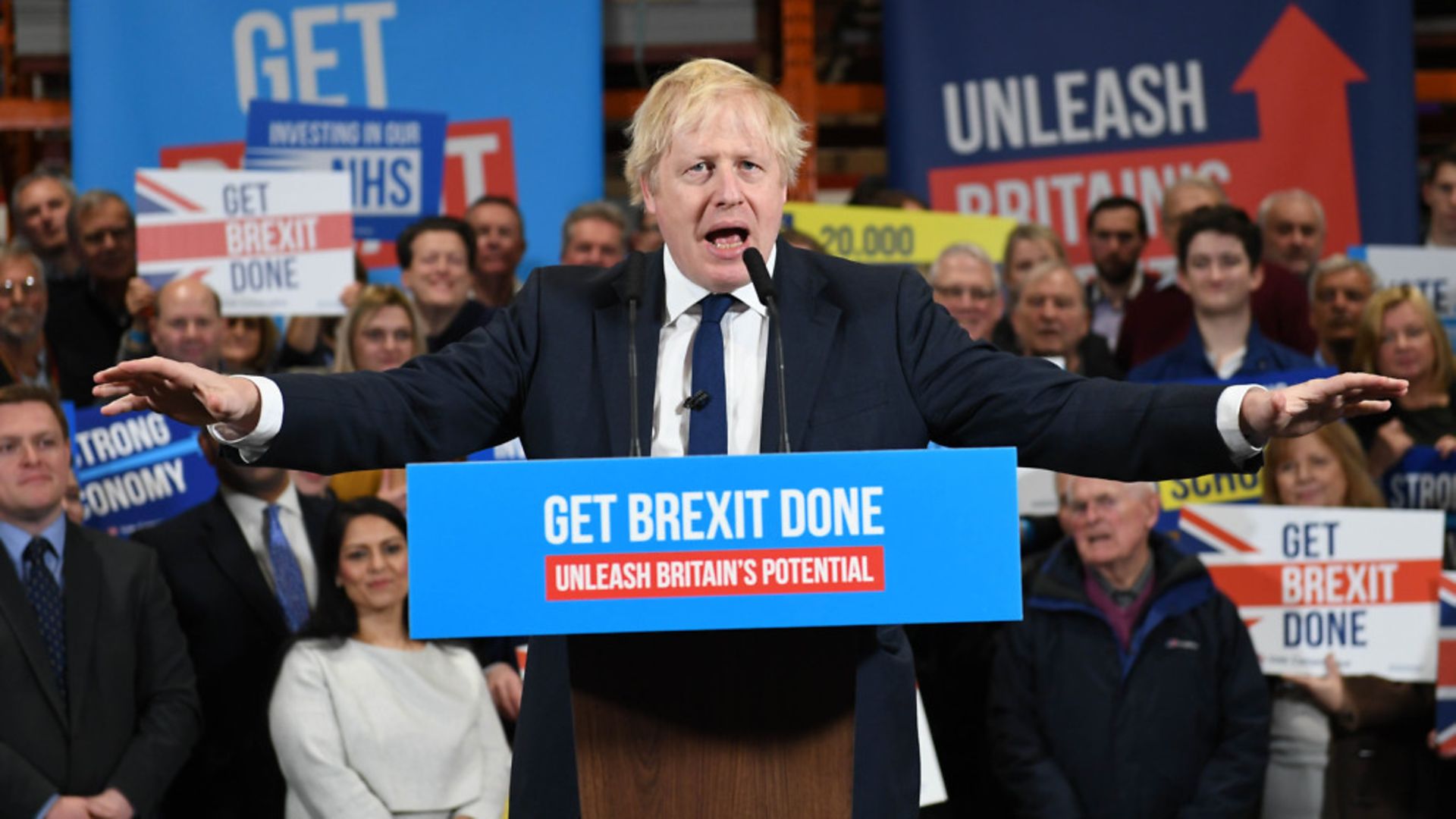
Liz Gerard is correct to identify the first-past-the-post electoral system as a major cause of our divisive and dysfunctional politics and to say that electoral reform is the only way to escape this.
However, she is mistaken to describe the alternative vote (AV), the subject of the 2011 referendum, as “a sort of PR” – it is no sort of PR, and can give results as bad as FPTP when electing an assembly, such as the House of Commons.
The result was less an endorsement of the status quo, as not being convinced the change would be an improvement. (In fact, an opinion poll after the 2015 election showed 61% in favour of voting reform.)
When it comes to campaigning for reform, it is not enough to argue for PR. There are many systems that give essentially party-proportional results, but generally, they have other weaknesses or drawbacks.
However the single transferable vote (STV) in multi-member constituencies stands out as much the best all-round, giving PR but also great voter choice, eliminates safe seats and tactical voting, is resistant to party manipulation, makes nearly all votes count, gives voters a choice of MP to approach with problems, allows a degree of PR on cross-party issues, etc.
Readers of this publication might note that, with two or more candidates for many parties, voters could choose a pro- or anti-Brexit candidate within their party of choice. If we are to change for the better, let’s change to the best.
David Brandwood
Broadstone
Liz Gerard notes “electoral reform is the only way to escape the duopoly”. It is the only way to escape the stranglehold of the status quo. But it is not quite a duopoly. We have not so much a two-party system or two-and-a-half-party system as a one-and-a-half party one.
Over the past 100 years, Tory and Tory-dominated governments have been in power for exactly two-thirds of the time, while Labour and Labour-dominated ones have only been in power one-third of the time. Labour needs to take electoral reform seriously, both for its own sake, and especially for the country’s sake, as it will enable people more easily to vote for positive reasons.
But won’t critics say that our voting system gives stable government? If so, they are wrong. The Thatcher and Blair landslides were not typical. In half the post-war elections, we did not have stable full-term parliaments of four or five years.
Half the time, they were unstable, with hung parliaments, or small majorities ending in hung parliaments, or ending early as prime ministers gambled on early elections. And such results are unstable because usually smaller parties are too small for stable coalitions to work.
A good system of PR, as in Ireland or Germany, is needed to provide more representative and more stable government.
Anthony Thacker
Hinckley
• Have your say by emailing theneweuropean@archant.co.uk. Our deadline for letters is Tuesday at 9am for inclusion in Thursday’s edition. Please be concise – letters over five paragraphs long may be edited before printing.
Warning: Illegal string offset 'link_id' in /mnt/storage/stage/www/wp-includes/bookmark.php on line 357
Notice: Trying to get property 'link_id' of non-object in /mnt/storage/stage/www/wp-includes/bookmark.php on line 37






